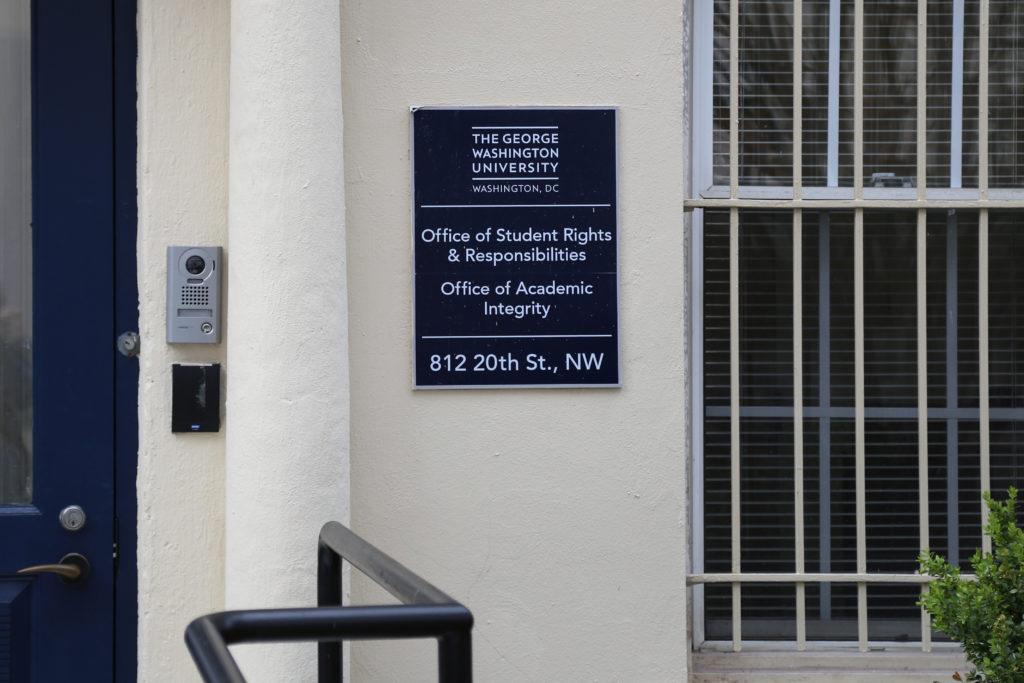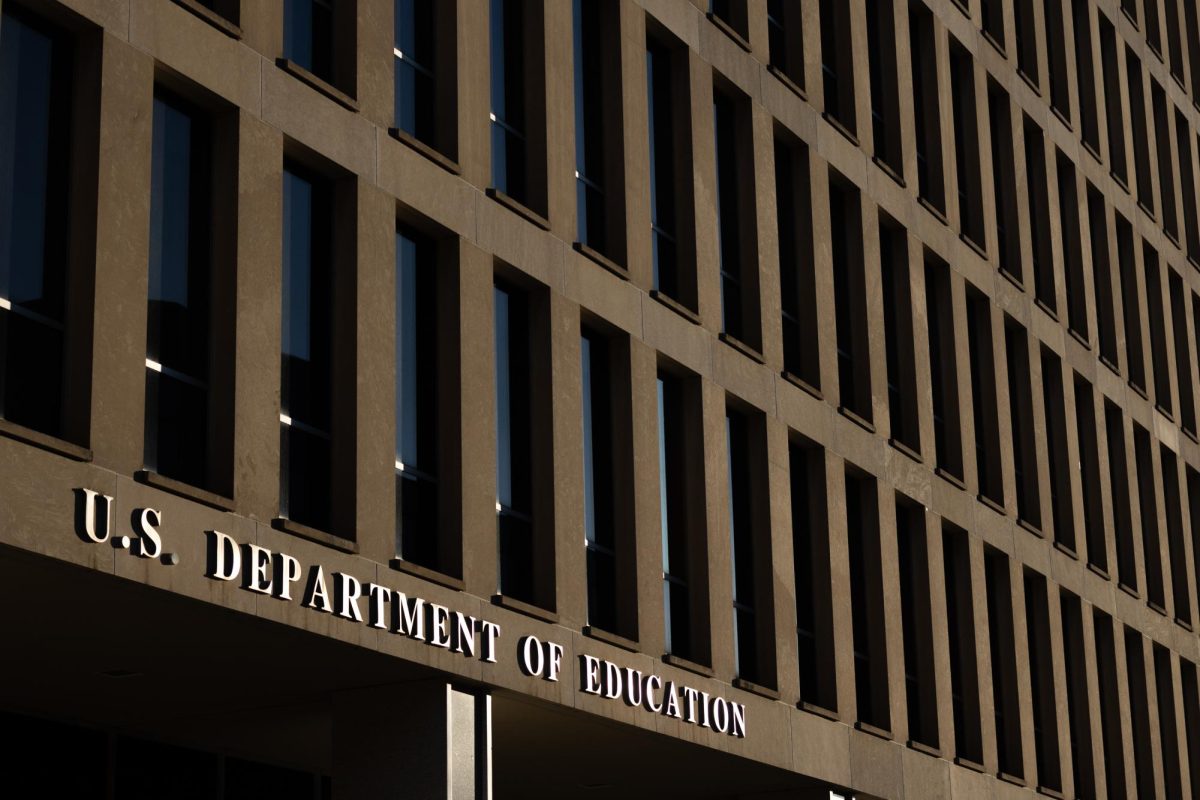Officials updated the Code of Student Conduct to increase student access to alcohol and drug amnesty policies and make it easier for students to report incidents of discrimination and hazing, according to a University release.
The new Code of Student Conduct, which is housed under the Office of Student Rights and Responsibilities, went into effect on Aug. 1 after committees of students, faculty and staff met throughout Fall 2021 and Spring 2022 to discuss the code, according to the release. The updated Code of Academic Integrity also went into effect on Aug. 1 after the Faculty Senate approved a slew of changes in April to address intentionality in academic dishonesty and clarify disciplinary definitions.
“The codes exist not only to hold students accountable, but also to inform them of the University’s expectations for how all students can uphold the values of GW’s community,” the release states. “Unfortunately, every year we also have students who harm their fellow students, and we want those harmed parties to understand their rights and options under the codes.”
The code states that GW’s alcohol and drug amnesty and Good Samaritan policies, which offer protections to students under the influence in certain emergency situations like if a student is suffering from alcohol poisoning, can now apply to University-registered student organizations and students who are evaluated for medical transport, regardless of whether or not the transport occurs. The release states that the office made this change in response to a recent survey that indicated student awareness of these policies could be improved.
“We hope the new policies, and their implications for groups to receive amnesty, will help promote their use,” the release states.
The release states that the office decided to expand immunity from conduct action to individuals who report incidents of hazing that they did not partake in to be consistent with a recent law passed in Virginia.
The release states that officials also updated the code to make the reporting of a recorded incident of discrimination a “mitigating factor” against an alleged violation of recording a person who has a “reasonable expectation of privacy.”
“We heard from students, including leaders from marginalized communities, that the privacy recording policy made them hesitant to document and report instances of hate/bias or discriminatory misconduct,” the release states.
The release states that the office worked with students who have experienced vandalism to update the code’s definition of vandalism to include “tampering with” objects. The office updated the code’s definition of “advisor” to be “more consistent with restorative language” and limit confusion with the role advisors play in Title IX processes, according to the release.
“Any community member can provide feedback on the codes via a form on our website,” the release states.











